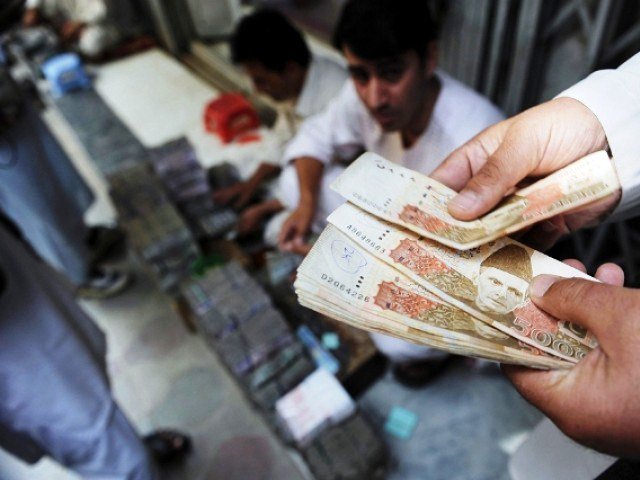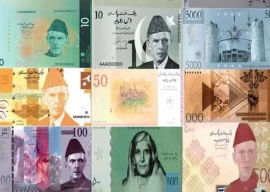
An advocate of the Supreme Court of Pakistan had requested access to this information under the Freedom of Information Ordinance 2002. But the FBR’s response has once again proved that the Freedom of Information law is toothless and authorities are using it to deny even the simplest and harmless information.
The lawyer had requested a complete breakdown of the total reward given to FBR officers and private informers since 2013, which the FBR gives under Section 227-A of the Income Tax Ordinance. The applicant had not asked the FBR to disclose names of the officers and informers.
FBR chief blames tax reliefs for revenue shortfall
The FBR invoked Section 8(i) of the information ordinance to deny the information. “It has been decided that the requisite information is restricted and cannot be made public,” according to the FBR’s official reply to the applicant.
Section 8(i) states, “Any other record which the federal government may, in public interest, exclude from the purview of this Ordinance”.
Former president Pervez Musharraf had promulgated the Freedom of Information Ordinance but it rarely proved a useful tool to seek meaningful information.
Parliament is seeking to replace the ordinance with a new piece of legislation. But even the proposed draft excludes certain information from the public domain. Through an amendment to the Income Tax Ordinance 2001, the FBR has allowed cash rewards for doing a job for which its workforce has been hired.
Section 227-A of the ordinance states that the FBR will pay cash rewards to its officers and informers for providing information that may help to detect concealment or evasion of income tax and other taxes.
The law states that cash rewards will be given for their meritorious conduct and “other meritorious services”. Words “other meritorious services” have been added through the Finance Act 2017.
Despite getting these cash rewards, the FBR officers have failed to curb tax evasion. A recent report of the World Bank estimates the tax gap in Pakistan at Rs3.4 trillion due to evasion and inefficient and corrupt tax machinery.
In the last fiscal year 2016-17, the FBR’s tax-to-GDP ratio slipped slightly to a meagre 10.6%. The abysmal tax performance is now at the centre of an ongoing national debate on the deteriorating health of the economy.
A recent report of the FBR provided to a Senate panel also revealed that hundreds of corrupt tax officials, who were facing disciplinary inquiries, were still serving at key posts.
Revenue shortfall: FBR misses tax collection target by over Rs250b
The FBR has prescribed generous cash rewards ranging from 5% to 20% in addition to Rs100,000 to Rs150,000 in cash from the recovered tax amount.
On recovery of up to Rs500,000 evaded tax, an FBR officer is getting 20% of the recovered amount. On recovery of up to Rs1 million, the officer is entitled to Rs100,000 plus 10% of the recovered amount. On recovery of more than Rs1 million, the FBR officer gets Rs150,000 plus 5% of the recovered amount
Reward rules suggest that the purpose is just to give more monetary benefits to the taxmen who are already receiving double the normal salaries.
In what appear to be ridiculous rules for the distribution of reward money, 50% of the money will go to the persons who detected the evasion. Ten per cent will go to supervising officers who will write the performance evaluation report of the officer, 15% will go to the support staff of the officer and the remaining 25% will go to the Inland Revenue Welfare Fund.
Officials in the FBR said every year millions of rupees were distributed among the officers in addition to paying them the budget honorariums.
Published in The Express Tribune, October 15th, 2017.
Like Business on Facebook, follow @TribuneBiz on Twitter to stay informed and join in the conversation.
1737725437-0/Prince-(1)1737725437-0-405x300.webp)












1737614355-0/Express-Tribune-(1)1737614355-0-270x192.webp)

1737546248-0/Waqas-(13)1737546248-0-270x192.webp)







COMMENTS (2)
Comments are moderated and generally will be posted if they are on-topic and not abusive.
For more information, please see our Comments FAQ